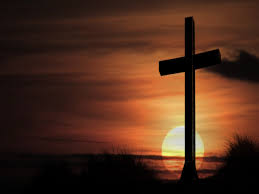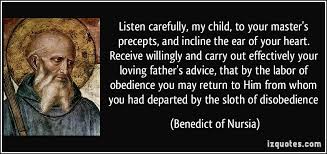If I say, “Surely the darkness will cover me, and the light around me turn to night,” darkness is not dark to you, O Lord; the night is as bright as the day; darkness and light to you are both alike. (Psalm 139:10,11. The Book of Common Prayer,. p. 116).
There are many contradictions (or paradoxes if you prefer), that inspire thought and devotion. One of those is darkness and light. Western philosophy historically, has suggested that there is nothing good about night time, because of the darkness. How many crime shows on TV show depict an assailant operating in the dark?
For Monastics, darkness has a very different meaning.
The office of Vigils [or Matins] consecrates the hours of the night, creating a spirit of expectancy. In the quiet hours before dawn, the stillness around us pervades our minds and hearts. We wait prayerfully for the coming of the Lord as we watch and long for the coming of dawn.
We watch because it is characteristic of lovers to watch for the return of the beloved. (Monastic Practices. Charles Cummings, OCSO, p. 132).
Darkness is an opportunity to wait with faith and anticipation to what God will do. Darkness is not to God, because light and darkness are both alike. What human beings cannot see or do in the darkness; God can do things in any shade of darkness or light that can go unnoticed. The hymn writer Natalie Sleeth wrote: “There’s a dawn in every darkness, bringing hope to you and me.”
Darkness can be more than what we see. Darkness can be any pain or suffering. Darkness can be in the shape of an addiction that is too difficult to talk about and/or face. Darkness can be in the form of a sick child or a relationship coming to an end. Yet, even in those dark moments God is our one hope that brings light into that darkness. Even if the illness is not healed, the lost lover does not return, or the individual with the addiction falls again and again.
If we ever needed a symbol of a darkness through which God gave the greatest light to the world, look not further than the Cross.
Amen.
Br. Anselm Philip King-Lowe, n/OSB






